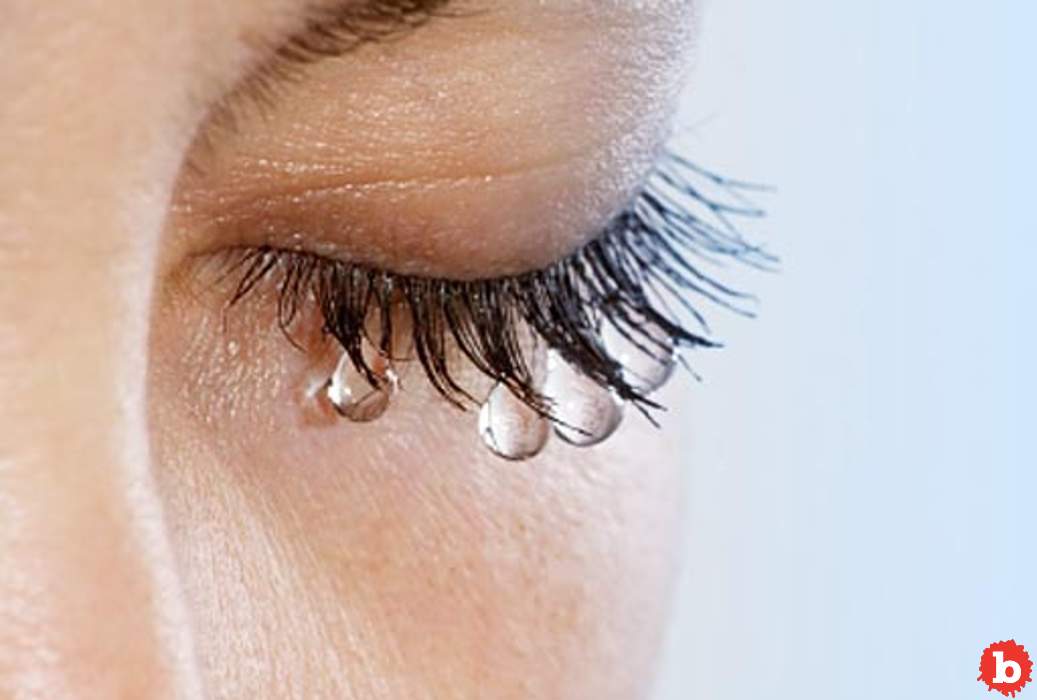NEW STUDY FINDS THAT MEN SMELLING WOMEN’S TEARS REACT WITH LESS AGGRESSION
I continue to be surprised at how much we are still learning about the basics when it comes to the design of human beings. The latest example of this provides a little more background about the evolutionary (maybe) reasons that humans cry. Well, by cry I mean specifically cry with tears. A new research study has found that the smell of specific chemicals in women’s tears make men smelling them less aggressive. Simple logic would make any reasonable analysis include the following: this means women’s tears are designed, in part, to protect them from hostile men.
Read More: Humans Could Soon Start to Be Infected With Zombie Deer Diease
USING A GAME TO TRIGGER MALE AGGRESSION, RESEARCH FOUND WOMEN’S TEARS REDUCED AGGRESSION BY HALF
The research was done at the Weizmann Institute of Science. They made their findings by using a 2-player game designed to cause aggressive behavior in the male test subjects. Yet the researchers found that after the triggered males sniffed women’s tears, their aggressive behavior decreased by nearly half, or 44%. That’s… pretty substantial and what I consider to be a bit of an epic discovery. After all, it’s been quite some time since prisons started using pink paint to reduce aggression with inmates back in 1979….
Related:
Space Sex Tourism: An Industry That Will Make Your Head Spin
WOMEN’S TEARS ALSO REDUCE MEN’S TESTOSTERONE LEVELS AND LIBIDO, SO KEEP HER HAPPY
So far, the researchers know that tears serve as an aggression reducing tool in humans and rodents, possibly some other mammal species as well. But take note, there seem to be some other things weepy human water reduces along with (and related) aggression. The smell of women’s tears also reduces men’s testosterone levels as well as their libido. Presuming, of course, that the men in question aren’t sexual predators. I’m guessing that this may tie into how sexual predation is all the more an aberration.
Guess we may have to consider the nuances of the term, deviant.






